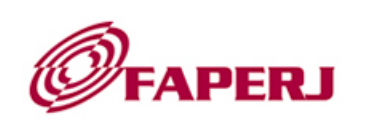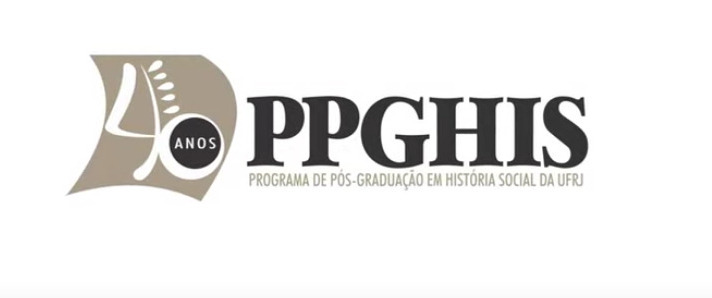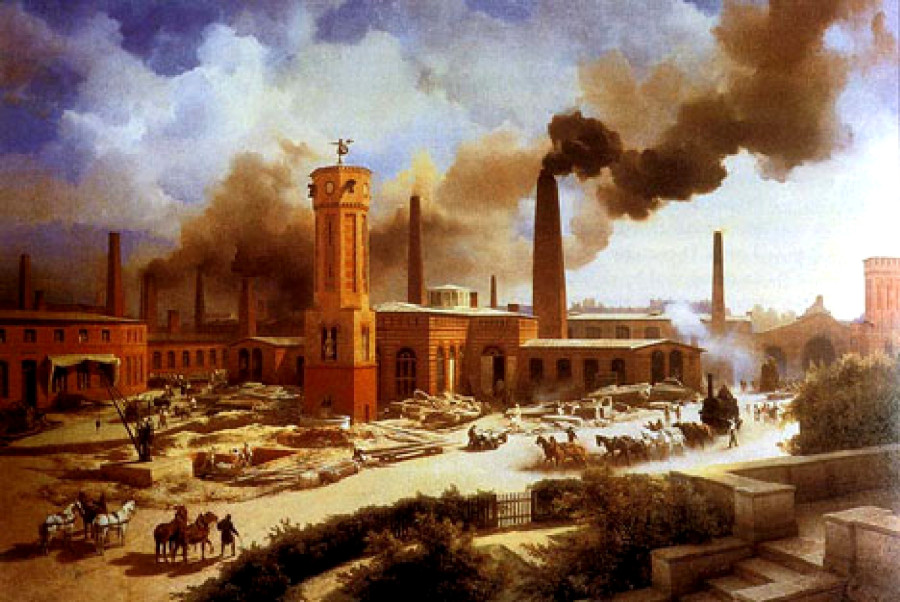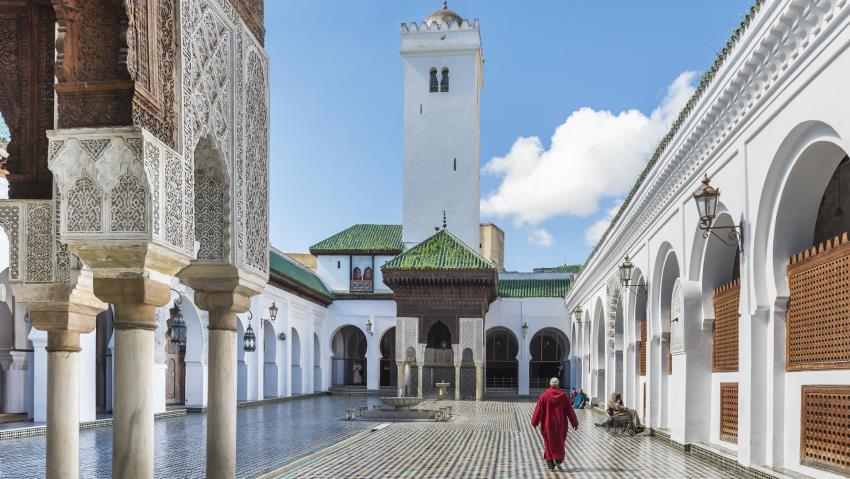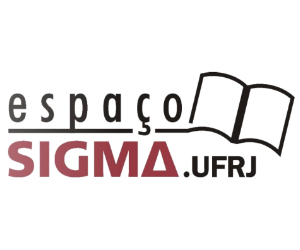O PPGHIS foi contemplado com duas bolsas Faperj Nota 10 para mestrandos e duas bolsas para doutorandos. Parabéns aos novos bolsistas.
What’s new
Curso de extensão
O curso de extensão “Instituições: Práticas Administrativas e Jurídicas (Época Moderna e Contemporânea)” tem como objetivo estimular o desenvolvimento de pesquisas sobre o tema, fomentar o ingresso e a permanência dos estudantes em Programas de Pós-Graduação na área de História, em especial no PPGHIS/UFRJ.
Para informações e inscrições, clique AQUI.
RESULTADO DA CHAMADA DE AUXÍLIO DISCENTE 2024.1
Após análise da documentação enviada pelos discentes, a comissão de Finanças decidiu DEFERIR e APROVAR os pedidos de auxílio dos abaixo listados:
Danielle Freire – Mestrado
Ana Beatriz Ferreira – Mestrado
Edital PDSE 2024 (doutorado sanduíche no exterior)
Estão abertas, até o dia 9 de abril, as inscrições para a seleção interna do PPGHIS referente ao PDSE/Capes (doutorado sanduíche no exterior). O edital interno do programa, com as instruções necessárias, encontra-se aqui:
https://ppghis.historia.ufrj.br/wp-content/uploads/2024/03/PPGHIS-PDSE_2024.pdf
Para as inscrições, clique aqui.
Programa Abdias do Nascimento
O Programa de desenvolvimento acadêmico Abdias do Nascimento abre chamada para bolsas sanduíche. Mestrandos e doutorandos do PPGHIS podem se candidatar a bolsas para um período de estudos na University of Cambridge, com pesquisas alinhadas ao projeto Educação antirracista em perspectiva transnacional.
Para acessar o edital, clique no link: https://ppghis.historia.ufrj.br/wp-content/uploads/2024/04/Edital-seleção-de-bolsistas-ABDIAS-em-2024.pdf

